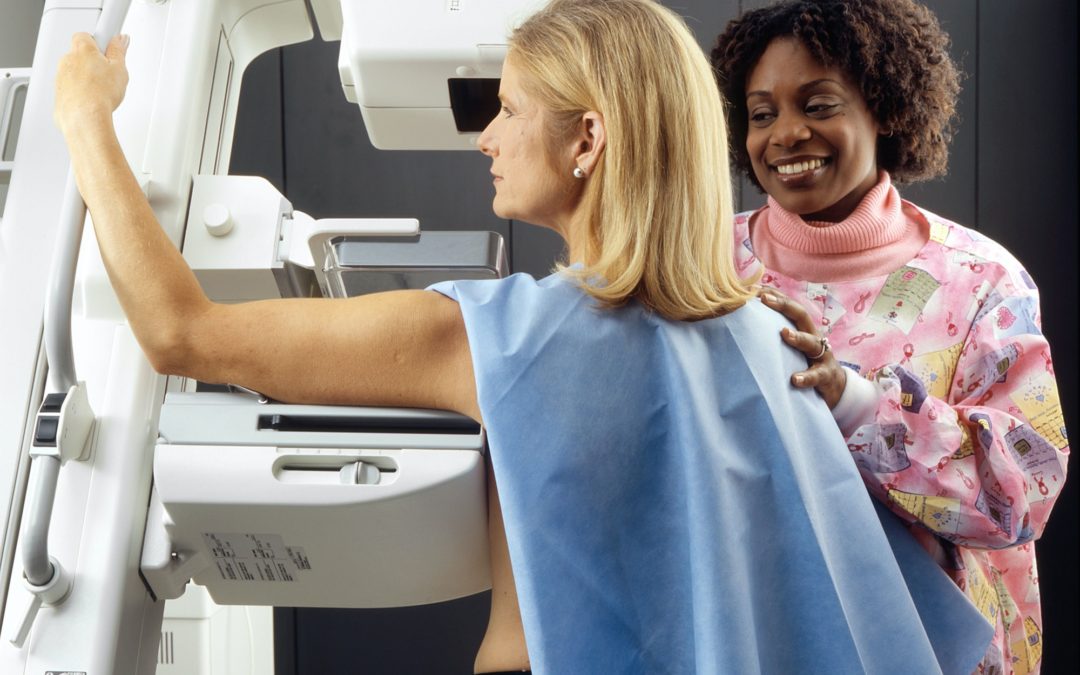
Ductal carcinoma in situ, DCIS, is a precursor to invasive breast cancer. The prognosis is good for those who get treatment, but how well the treatment works varies from patient to patient. Researchers from Karolinska Institute and the University of Gothenburg, among others, have made a discovery that makes it easier to determine if a patient would benefit from radiotherapy, according to a press release.
“It is well known that the benefits of radiation therapy vary between patients.
Therefore it is necessary to find predictive markers that can be used to avoid unnecessary or ineffective radiation treatment”, says Fredrik Wärnberg in the press release, professor at the Department of Clinical Sciences, Sahlgrenska Academy, University of Gothenburg, and one of the study’s final authors.
The researchers found that women with low levels of a protein called PDGFRb get particularly good results from radiation therapy. Doctors typically use a combination of surgery and radiation therapy to treat DCIS. The results of the study suggests that patients with high levels of the protein could avoid stressful and ineffective radiation treatment.
Blocking medicin could help improve treatment
So far, the researchers have analyzed a large collection of tissues and examined how the protein levels affect the outcomes of the radiation treatment. The researchers now intend to proceed with clinical studies to confirm the results.
“The treatment guidelines for DCIS may change if these studies confirm our original findings” says the study’s lead author Carina Strell, researcher at the Department of Immunology, Genetics and Pathology, Uppsala University and the Department of Oncology-Pathology at Karolinska Institutet.
The findings may also help to improve treatments of DCIS. The study suggests that the benefits of radiation therapy increase if patients receive medication that blocks PDGFRb. This method has not been put to test but researchers plan to investigate if this could be a viable way to improve treatments.
There is hope that even people with high levels of PDGFRbs could receive blocking medicine and thus answer better to radiation therapy.
Image: Unsplash





